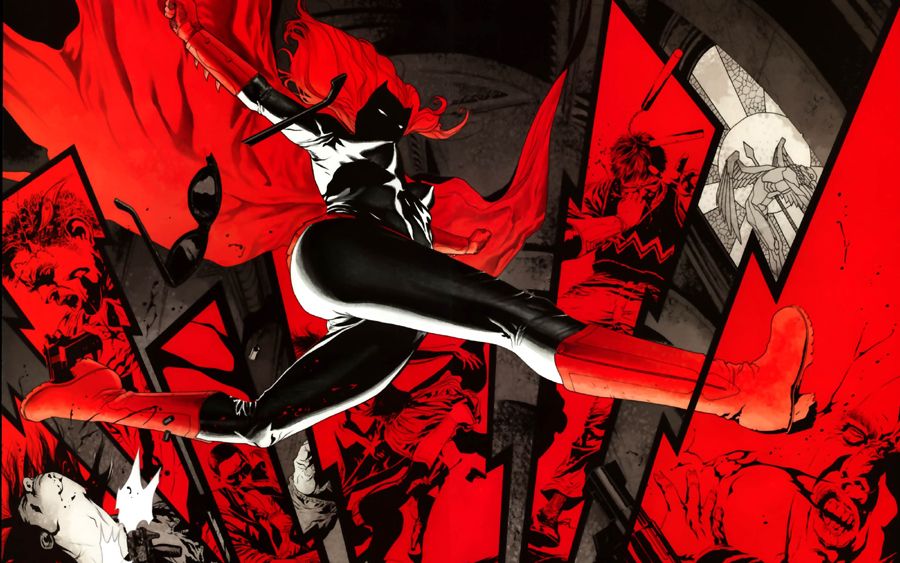A few years ago, a friend asked me to drive him from our college town in Connecticut to Boston, a two-and-a-half-hour drive I usually made alone. "Sure!" I said, excited for the company on the boring stretches of I-84. But then, it happened, the dread thing that friends do when they're stuck in a car with each other.
He began a conversation by saying, "You know what book you should read?" I spent the next two and a half hours hearing about a Green Lantern arc that I would never, ever pick up, in part because I'm not a Green Lantern fan, and in part because I had now heard the entire story from my friend in the passenger seat. We've all done this at one point, accidentally alienating friends and loved ones by getting a bit too excited about our favorite books and television shows. So how do you get your friends to like the things you love without getting branded as the kid who can't stop talking about Battlestar Galactica?
Skip to the good stuff
No matter how many times people told me that Doctor Who was good, it didn't matter until someone handed me a cup of Earl Grey and informed me that we were going to watch the episode "Blink." That comes from the third (modern) series, but requires almost no context or foreknowledge about the show. The Doctor and his companion barely make an appearance! So why does it work so well as an introduction? First, it's fun to watch. The pilot of the new Doctor Who, like many pilots, is a little slow and awkward, and takes enormous amounts of time to establish relationships. "Blink," however, sets up the idea that this is a show about slightly scary adventures in time travel. If you can, find an outstanding episode, issue or scene that stands on its own -- it's a far better hook than presenting your buddy with a DVD set and saying, "I know the first 12 hours are boring, but just wait until it gets going …"
Know your audience!
I'd been invited to play Dungeons & Dragons with friends many times over, but every time I sat down to create a character, I was intimidated and ran off to do something that involved fewer decisions (like an entire game of Axis and Allies). When I finally played for the first time, two friends made up an entire game designed to get me excited about D&D. It included cute inside jokes that I actually got, and had more zombies and unicorns than typical D&D creatures. Think of what appeals to your friend, not about what appeals to you. It's possible that you hate Robin's character on How I Met Your Mother, but if you know that your buddy loves ‘80s song parodies, you might want to start with an episode featuring Robin Sparkles.
Avoid TMI
If you like a show, game or comic that requires a lot of insider information, think about a way to present it simply and without judgment. If you friend has a question, think of a way to answer it succinctly and without doing a full information dump. "Why does Worf wear that belt thingy on his chest?" "He's a Klingon, and it symbolizes his cultural identity." If that leaves your friend wanting to know more, so much the better! But let her figure it out on her own.
Oddly enough, I've found that well-placed spoilers are perfectly OK when introducing a friend to a new show. Knowing who dies in the first season of The Walking Dead didn't diminish my enjoyment at all. In fact, learning there were going to be complex paths for each character made me want to watch the series more. Battlestar Galactica did this best with "What the Frak?" -- an eight-minute video that summarizes the entire series for new viewers, spoilers and all. After watching those scenes, it's easier to catch up, but it also makes the series look pretty darn cool.
Let them find it on their own
My buddy at CBR, Steve, knew I would love Batwoman: Elegy. He causally pointed it out on his shelf once. I flipped through and then put it back. Months later, I vaguely remembered the cover and picked it up all on my own. I loved every page. Steve could have stood over me, waiting for me to finish each issue in turn. But finding it by myself gave me ownership over the experience. Instead of Steve winning me over, Kate Kane did. And that's how fans are made.





